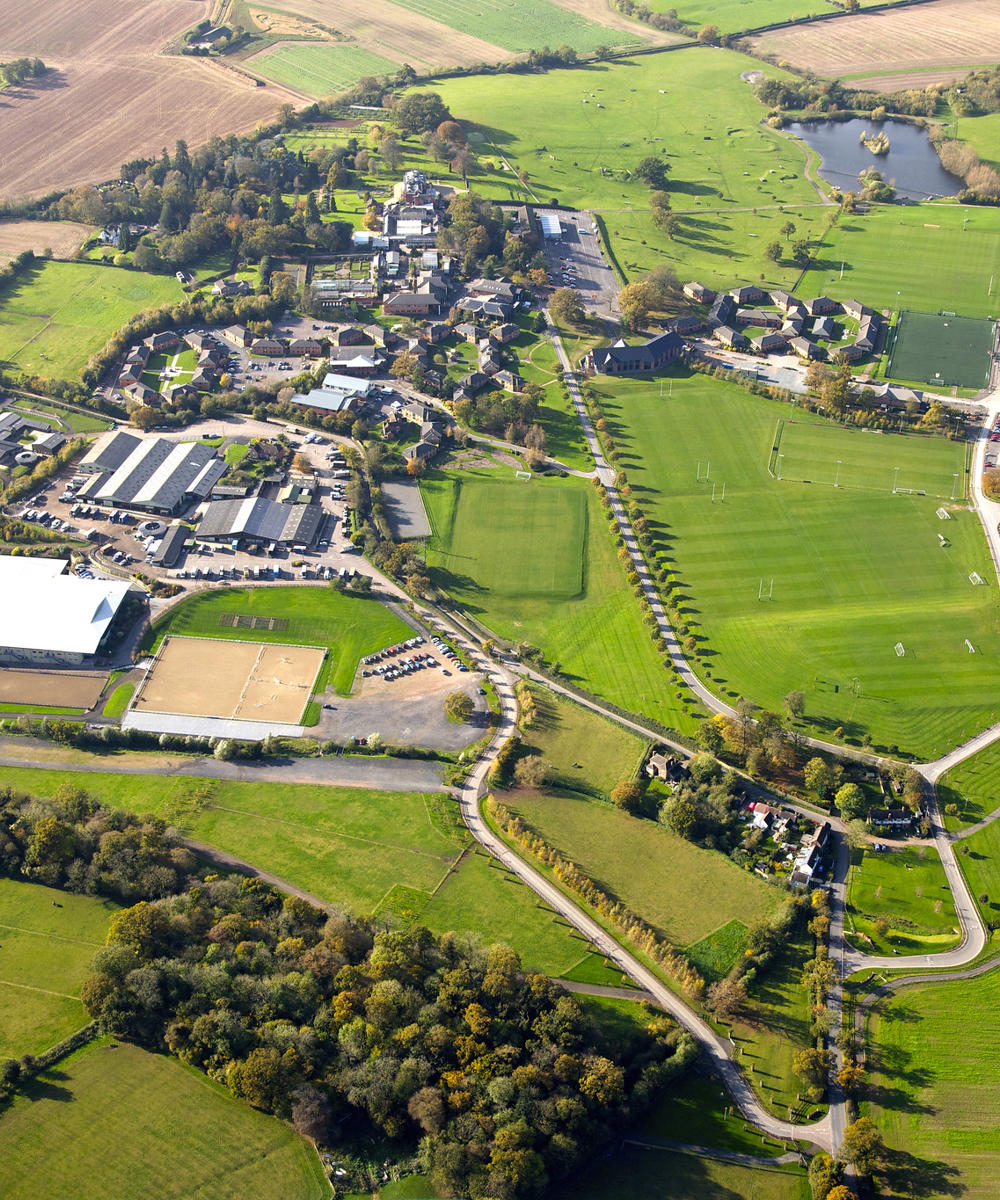The process of applying to university involves several important steps which you can support your young person with. If you haven’t supported a young person through this process before, we understand it can be a little overwhelming. It’s likely they’ll come to you for advice or reassurance. You’ll want to give the right advice at the right time.
As you begin the journey, there may be unfamiliar terms you come across. To help you understand what these mean we’ll link phrases and words to our jargon buster.
Your young person will need to register and complete their application using the UCAS Hub. This can be done at home, or schools and colleges often provide support for students during this process.
If your young person applies through their school/college, they can link their application to the institution using its buzzword. This is then used throughout their application and allows the institution to attach a reference, view and manage the student's application.
Six steps to completing their UCAS application -

The Universities and Colleges Admissions Service (UCAS) is the central organisation responsible for processing applications for full-time undergraduate study at UK universities.
During this stage, UCAS will ask for personal information, including parental education, whether they have been in care, or if they’ve participated in widening participation activities.
While this information is optional, it helps universities understand their application in more detail and offer relevant support.
They must list all qualifications from secondary education onwards, even if they are awaiting results or didn’t finish a course. If they’ve had any paid jobs—full-time or part-time—this is where they should enter those details. Unpaid or voluntary work should not be listed here, but it’s perfect to include in the personal statement.
They can choose up to five courses. The order in which they list them doesn’t matter at this stage. Once they have received responses to all five choices, they’ll need to decide their firm and insurance choice.
This is their opportunity to tell universities why they’d like to study there and highlight their skills and experiences.
At our open days, we offer sessions on writing personal statements, run by our admissions team, who review thousands of statements each year. These sessions offer tips on what to include, how to stand out and answer questions.
UCAS also provides more information on how to write your personal statement.
For those applying for 2026 entry onwards there is a new format for the personal statement, more details can be found here: UCAS press release.
After completing their application, they will need to review it and obtain a reference from a teacher, advisor, or professional who knows them well.
They will also need to pay an application fee. For the most up-to-date costs, visit UCAS, how do I apply?. Students in receipt of free school meals (FSM) are exempt from the application fee.
Important dates
The following timeline applies to undergraduate applications for September 2025 entry. Familiarise yourself with these key dates to help your young person stay on track and avoid last-minute stress.
If your young person is considering joining us in 2026 or beyond, this can be used as a general guide.










